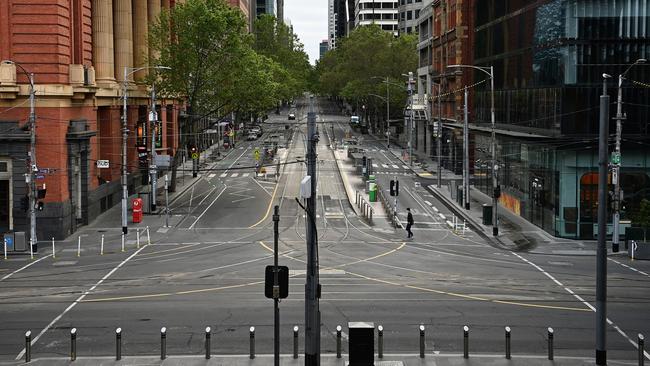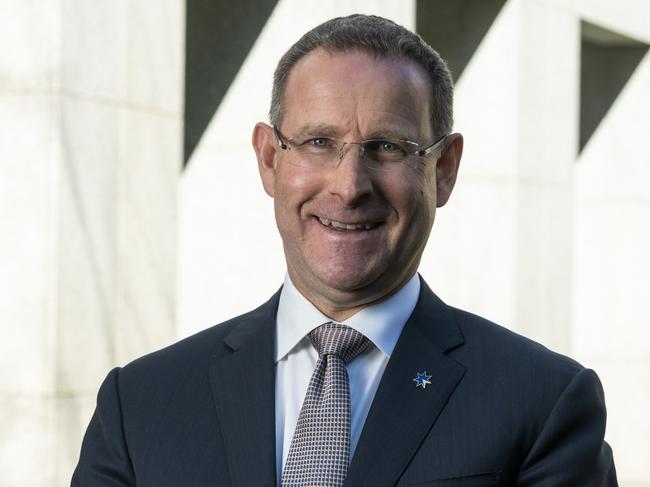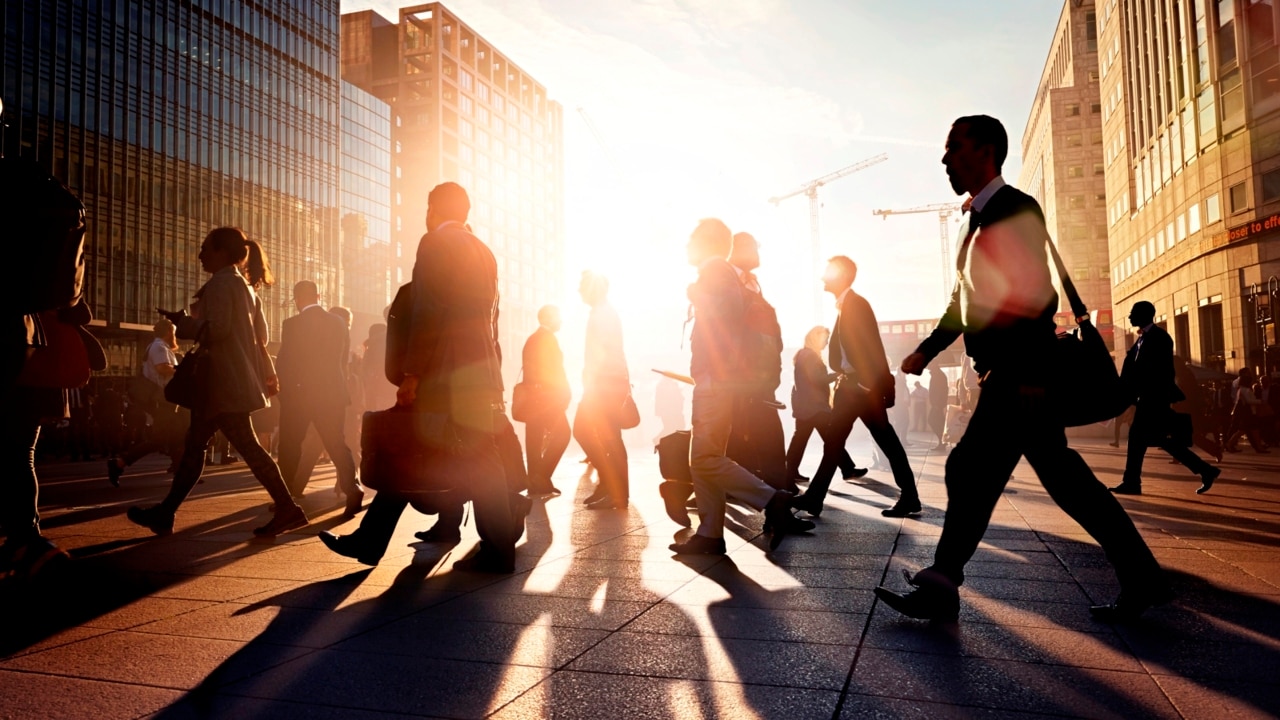Double skilled migrant intake: Australian Chamber of Commerce and Industry
Annual skilled migration must nearly double to 200,000 over the next five years to prevent a ‘skills crunch’.

One of the country’s leading business groups says annual skilled migration must nearly double to 200,000 over the next five years to prevent a “skills crunch” in the wake of the pandemic as part of a major reform blueprint aimed at lifting national prosperity.
The Australian Chamber of Commerce and Industry will on Tuesday deliver its “Better Australia” strategy, which will include 10 goals to lift Australia’s economic performance by 2050, with the virtual summit to be launched by Josh Frydenberg and Opposition treasury spokesman Jim Chalmers.
With the country’s growth potential curtailed by weak immigration following a decade of stagnating productivity growth, ACCI chief executive Andrew McKellar told The Australian “we now have a once-in-a-generation opportunity to pursue landmark reform”.

“Sadly, the experience with Covid-19 has shown real challenges of the cohesiveness of our federation and the ability of our leaders to take a unified approach,” Mr McKellar said.
“One of the most unedifying things we have seen in the past 18 months is the periodic bickering between state and territory leaders. The disappointing reality is that we can already sense that there isn’t an appetite to pursue reforms.”
ACCI’s call to accept a major increase in qualified foreign workers comes as Fitch Ratings said the “shock” to immigration associated with Covid-19 had slashed Australia’s growth potential from 2.9 per cent a year to just 2.1 per cent.
Mr McKellar sad that in any normal year before the pandemic struck, about 120,000 skilled migrants were coming to Australia.
“We can’t just return to business as usual; to address the skills crunch facing Australia we need to raise that up to 200,000 in the next few years,” Mr McKellar said.
“We need to improve the accessibility and responsiveness of our migration system, making it less complex and less expensive to boost the intake of skilled migrants, international students and working holiday makers.”
NSW Premier Dominic Perrottet has announced his state will ditch quarantine rules for fully vaccinated travellers from November 1 and scrap caps on overseas arrivals.
Despite this accelerated timetable, Fitch said: “We do not expect pre-pandemic levels to be reached until 2023 and doubt immigration will surge in subsequent years to make up for the 2020-2021 shortfall.
“Annual working-age population growth over 2019-2026 is likely to fall to 1 per cent, from a pre-pandemic average of 1.6 per cent”
This would account for the majority of the 0.8 percentage point drop in Australia’s potential growth.

Australia’s GDP growth averaged 2.9 per cent between 2000 and 2019, making it one of the best performing developed economies in the world.
“We believe this was driven by a rapid rise in the working age population, reflecting fast net immigration, which accounted for over half of the expansion,” Fitch said.
“Historical productivity performance was, by contrast, lacklustre.”
The Productivity Commission has said the past decade marked the slowest economic growth on a per person basis in 60 years – an outcome the commission also blamed on a sharp slowdown in productivity growth since 2011-12.
The commission calculated that if productivity growth had continued at its previous strong pace, average incomes would have been a tenth – or about $11,500 – higher in 2019-20.
ACCI’s list of broad policy prescriptions to reverse this productivity decline include broadening or lifting the GST to pay for getting rid of inefficient taxes such as payroll tax, and “overhauling” industrial relations law to “substantially reform the regulation of enterprise bargaining”.

“The number of employees covered by in-term agreements has collapsed in recent years,” Mr McKellar said. “Employers and employees need an industrial system that works for them that sees agreements easily approved.”
“The federal government must take an active role in leading tax reform. Initially, the focus should cover the focus on reducing the burden posed by punitive payroll taxes.”
As the Morrison government negotiates with its Nationals colleagues to push through a target for the country to achieve net-zero emissions by 2050, Mr McKellar said ACCI was committed to achieving the target “through a combination of regulation and technology change”.
“This is the right thing to do – exciting opportunities exist with new and low emissions technologies, that will support job creation, grow businesses, and drive our economic recovery,” the ACCI chief said.
With Australia starved of skilled migrants since the closure of the international border in early 2020, Mr Perrottet said recently he was “someone who believes in a big NSW”.
The Premier has reportedly been urged by his state’s top bureaucrats to double the state’s immigration intake over the next five years to prevent the risk of widespread labour shortages.





To join the conversation, please log in. Don't have an account? Register
Join the conversation, you are commenting as Logout